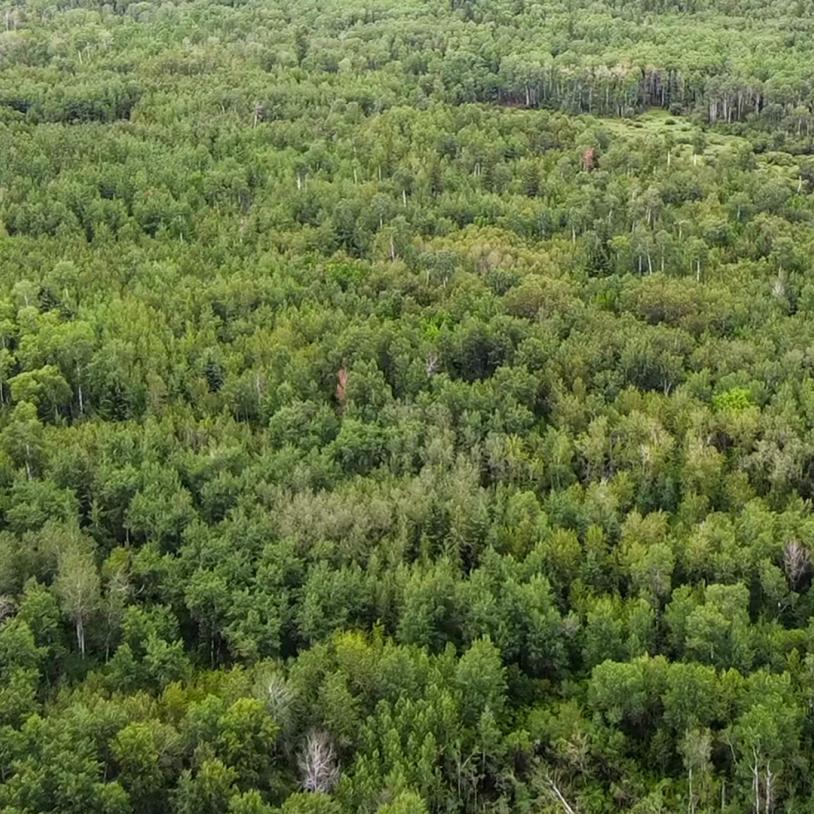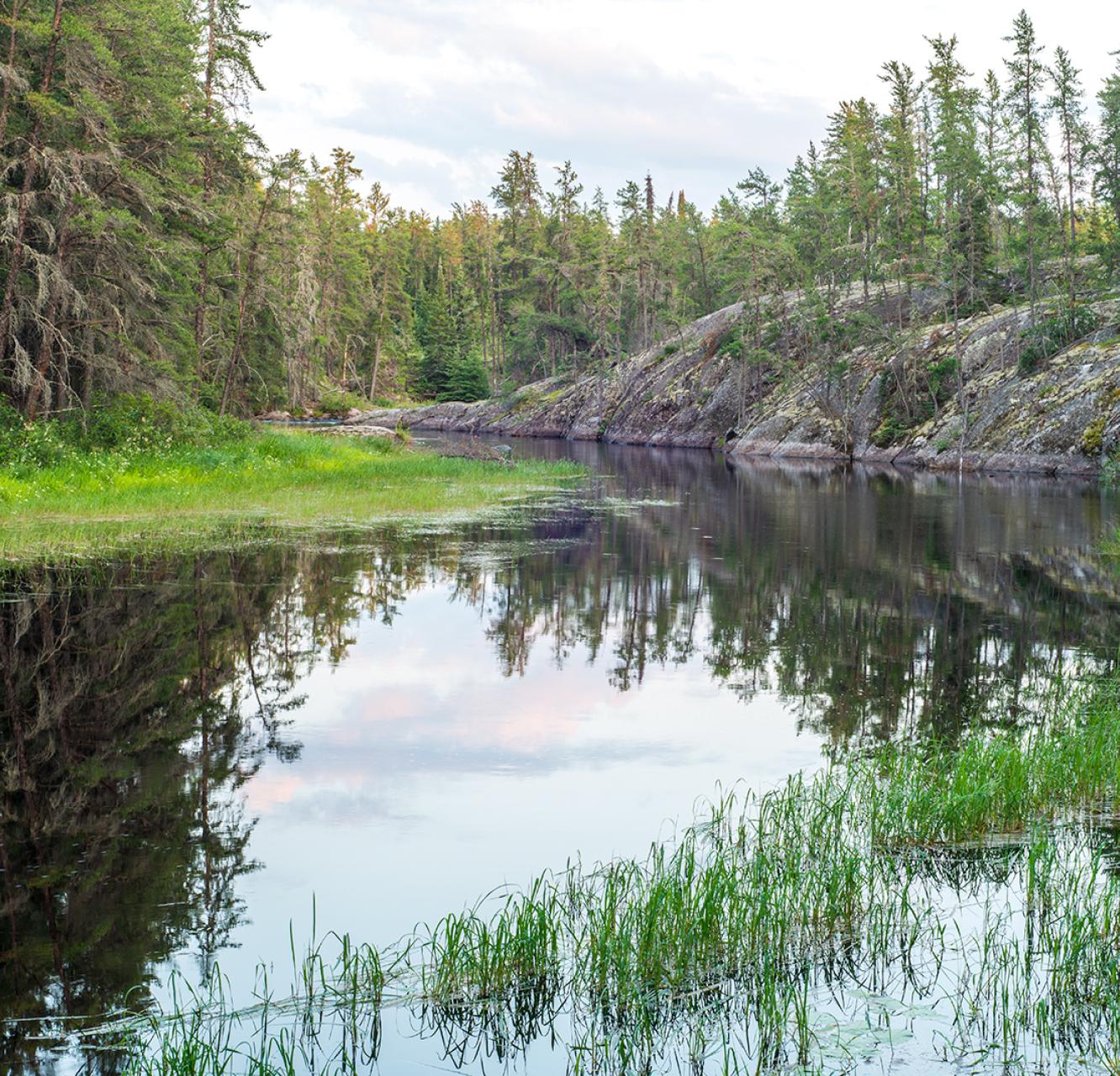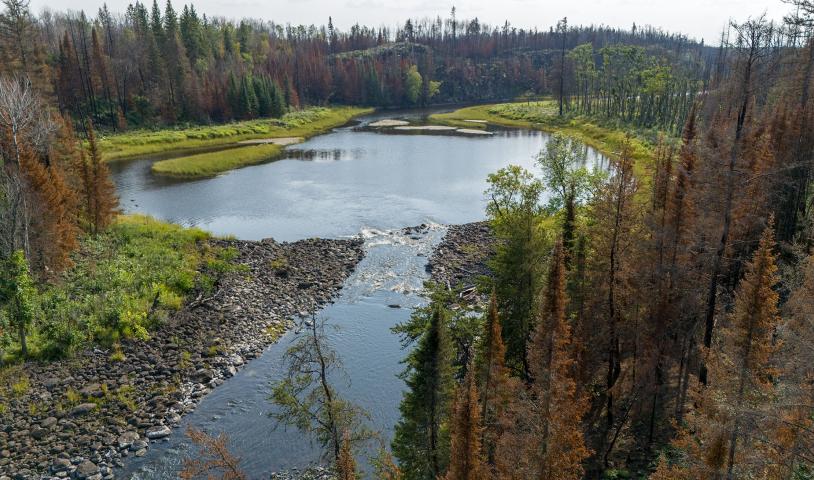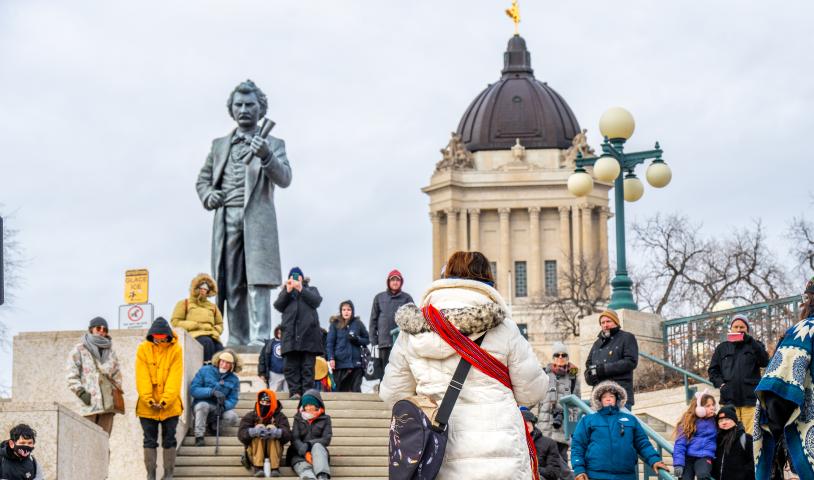Winnipeg should be a water town
Wednesday, July 16, 2025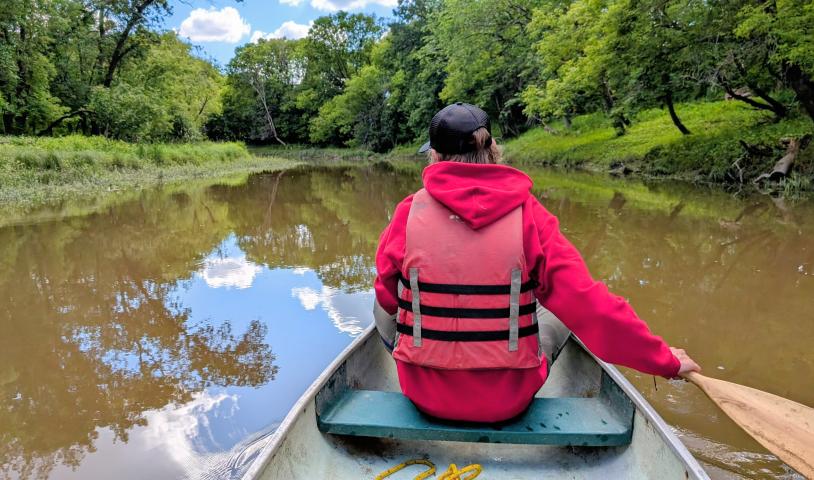
A boat paddling down a Winnipeg River always catches my attention and provides a spark of excitement. I'm drawn to gazing at rivers as I cross bridges, checking the reflections and the waves rippling across the surface. Water is the vibrant fabric that forms our city. But are we caring for the water in Winnipeg? Do we even know if our rivers are healthy?
Our vision of Winnipeg has waterways that host us, nurture us and provide for us. Rivers should be for relaxation and education, places for everyone to visit. The grand river-bottom trees give us shade for some outdoor exercise. In a warming world, the water flowing through Winnipeg should offer a refreshing dip. When you paddle along a river, meandering around corners, you are transported by a different perspective. You are vacationing from the bustle of big buildings, and supporting your personal health.
“Wînipêk is a Cree and Anishinaabe word derived from wiinad meaning ‘dirty’ and nibiing meaning ‘water’,” explains Niigaan Sinclair at the start of his book Wînipêk: Visions of Canada from an Indigenous Centre. Water is in the name of this town. The dirty reference to this area, labeled long before colonization and industrialization, refers to the clay particles picked up and carried across the flats in Manitoba. But since settlement and the growth of industrialization, the water has become dirty in other ways. It’s time to care for our water again, like it matters and like we know how.
Manitoba has a Clean Beaches Program. The provincial government tests water quality and informs the public of the health risks posed by unclean water at over 50 sites. Meanwhile in Winnipeg, where a majority of people live, there is no public water testing. Checking to see how healthy our waterways are is one of the first steps to caring for them.
The city of Winnipeg, the province of Manitoba and the federal government need to collaborate and ensure that water quality in the city of Winnipeg is monitored. We have kayak and boating infrastructure built to encourage folks to use the rivers. We need to ensure the water is safe for us to use by testing and publicizing the results. Most importantly, we need to change our practices that cause water quality problems. The city is here because the waters flow here. We need to give care back to the source of our existence.
